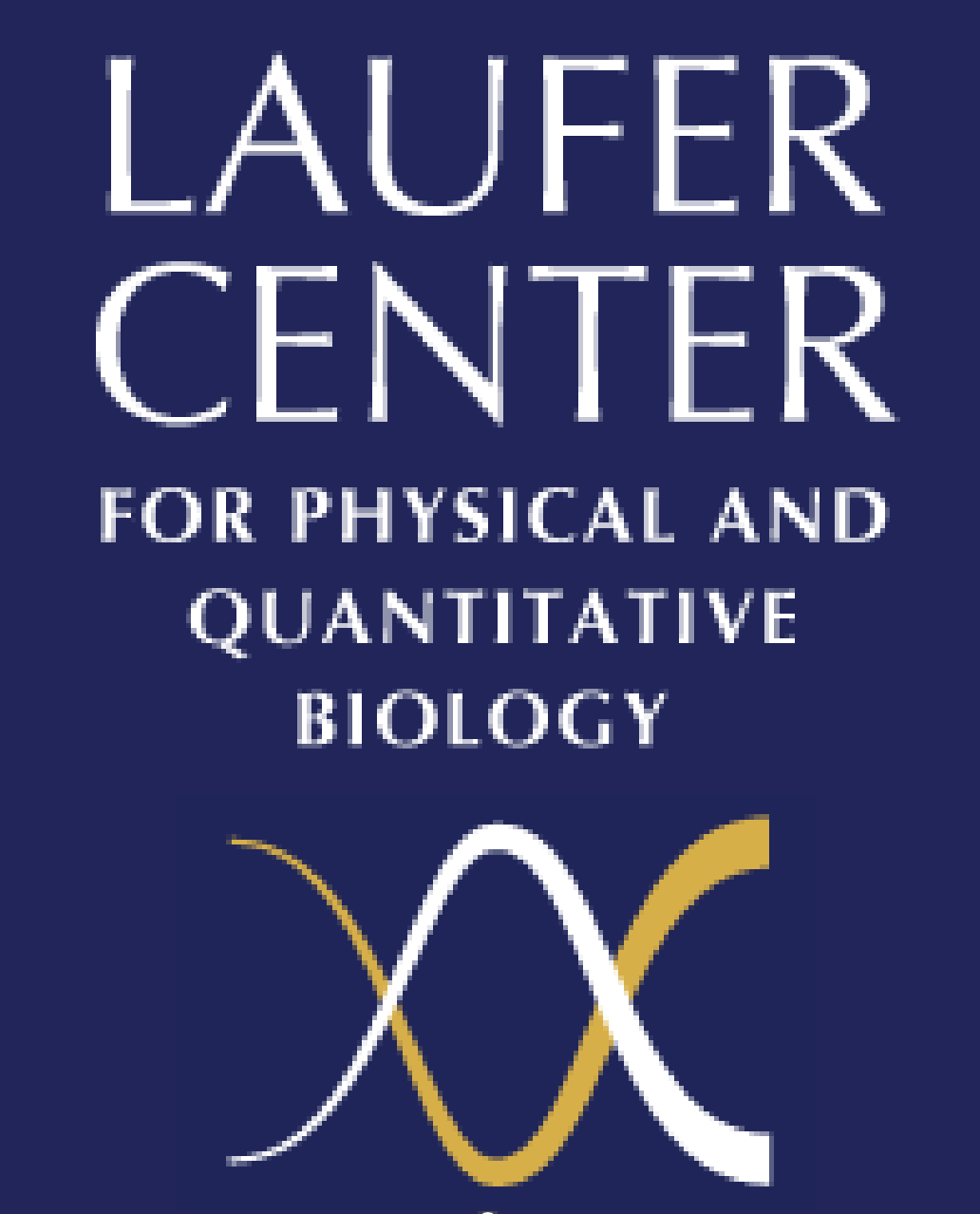Events Calendar
Jose N. Onuchic, Center for Theoretical Biological Physics
Rice University, Houston, TX
From Protein Folding to Molecular Machines of Life
Globally the energy landscape of a folding protein resembles a partially rough funnel with reduced energetic frustration. A consequence of minimizing energetic frustration is that the topology of the native fold also plays a major role in the folding mechanism.
Going beyond folding, the power of reduced models to study the physics of protein assembly, protein binding and recognition, and larger biomolecular machines has also proven impressive. Since energetic frustration is sufficiently small, native structure-based models, which correspond to perfectly unfrustrated energy landscapes, have shown to be a powerful approach to explore larger proteins and protein complexes, not only folding but also function associated to large conformational motions. Therefore a discussion of how global motions control the mechanistic processes in the ribosome and molecular motors will be presented. For example, this conceptual framework is allowing us to envisage the dynamics of molecular motors from the structural perspective and it provides the means to make several quantitative predictions that can be tested by experiments. For different kinesin motors (kinesin-1 and ncd), a prototype of the biological machines in the cell, structure-based molecular simulations of an explicit kinesin and microtubule structures were used to glean a number of salient features that supplement the current experimental findings.
Host: Jin Wang


